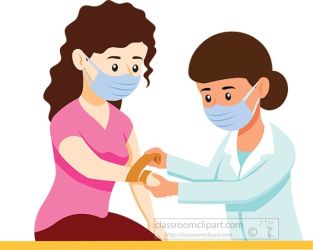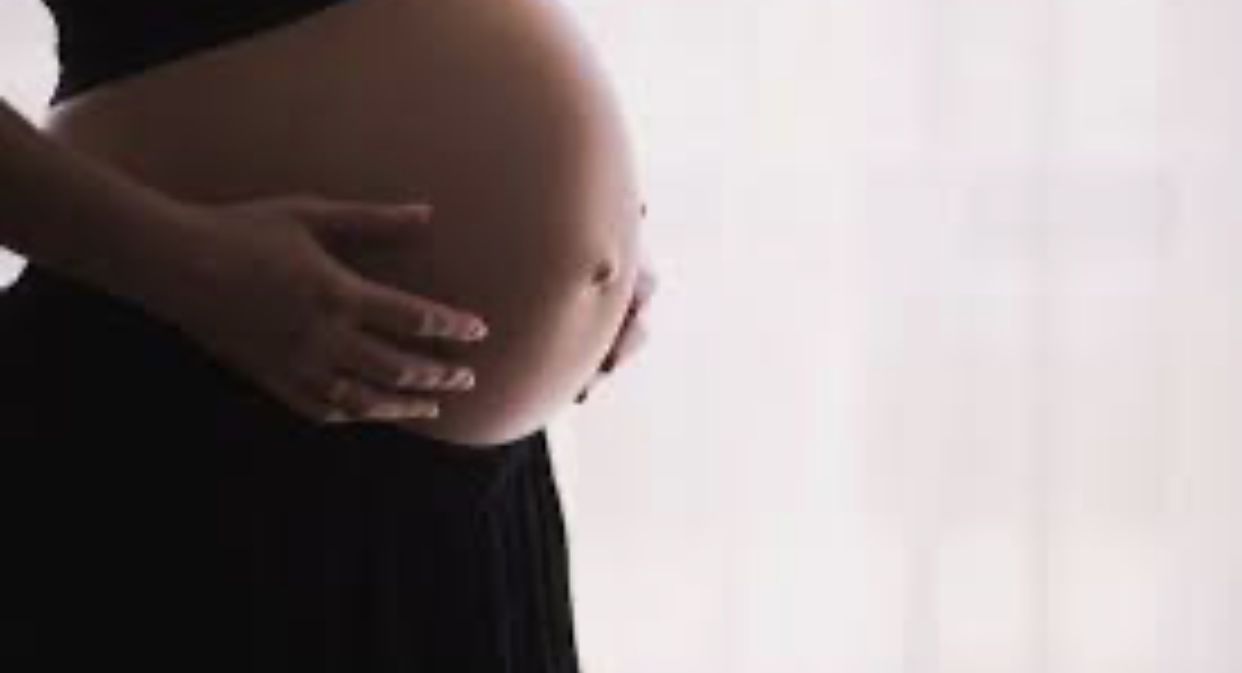Pregnant women have been recommended to take special precautions since COVID-19 has became a worldwide threat earlier this year. It’s a topic that is at times buried under a lot of the issues relating to the virus, but the risks from COVID-19 are now added to the usual precautions that pregnant women must take.
Data recorded from late January up to now by the Centers for Disease Control and Prevention shows that even though catching COVID-19 while pregnant doesn’t ultimately seem like the most fatal thing statistically, it’s nothing to underestimate even when being very healthy prior to the pregnancy.
Out of the 7.89 million cases we’ve seen in the United States so far, 25,351 of them are women that are pregnant. Data taken from 21,825 of those women show that 5,894 of them were hospitalized which is 27 percent of that group. These numbers indicate that the very small percentage of people who caught COVID-19 that are also pregnant, sits well with women from a statistical standpoint, with the idea of a fairly low chance of being hospitalized for simply contracting the virus and being pregnant. This lowers the concern for many women carrying a child, but shouldn’t discourage them from further taking the necessary precautions and seeking out more medical information on a topic that can keep a mother up at night.

“It definitely was a concern I didn’t know much about at first, given that I received the news of my pregnancy on March 30th, after the school closed on the 16th.” said Jillian Smith, associate director of student media & media center in the communication department. She explained how quickly her life changed. Like many others, Smith was anxious about how medical visits and quarantine were going to work together as the nation was getting shut down at the time, and this time of uncertainty and the need for multiple examinations called for new strategies and some difficulties.
Smith wore a mask for all her visits. Even when the number of cases dropped, she had to go to her doctor visits by herself. A companion was not permitted. When one couldn’t physically go into a doctor’s office, then zoom was another solution used by many doctors when discussing pregnancy with a patient. At times, one would even have to make a quick phone call to the doctor as one pulled into the parking lot to simply notify them they are there, and even though that doesn’t sound too much like a big deal to most, it is still different than usual and an example of a slight precaution being taken by medical businesses during this time of COVID-19.

Something else monumental that someone like Smith has to face in this instance is that this is her first pregnancy, so she doesn’t know a life being pregnant without COVID-19. Aspiring mothers have nothing to base this experience off of, which can be really challenging especially when receiving information and suggestions on things you should do with your own body , not only from medical professionals, but from family and friends. It can feel like you’re being thrown out in the fire and forced to figure out actions at times, which is another reason why doctors stress that the risks they express should be taken seriously and thoroughly listened to.
Risk factors for severe COVID-19 during pregnancy seem to include older maternal age, a high body mass index and pre-existing conditions like diabetes or hypertension, according to the Mayo Clinic. Overall without much underlying factors, COVID-19 doesn’t seem to be an average, immediate threat to one’s life when pregnant, but there still is a solid chance they’ll be hospitalized. Of the 25,351 total COVID-19 cases among pregnant women, ICU admission data were only available for 5,963 women (23.5 percent), and mechanical ventilation data were only available for 5,219 women (20.6 percent) according to the CDC, and from those numbers we see that 216 were admitted into an ICU and 79 were placed on mechanical ventilation. All in all these small percentages don’t paint the grittiest picture, but it shows that it is far from impossible to be hospitalized and develop complications if COVID-19 hits you during a pregnancy.
Medical officials still believe there is much more studies that need to go into linking pregnancy and COVID-19 and that we’re still in the early process of understanding. The virus doesn’t seem to affect the child being carried, but various research is starting to show that pregnant women with COVID-19 are slightly more likely to experience a premature birth and their infants are more likely to be admitted to a neonatal unit, but even that needs more data to help that statement hold weight. Unless you’re in critical condition and need an ICU, usual treatment aims at using common medication to reduce fever, relieve pain or lessen coughing, like one would normally do in most small scale cases
Contracting the virus is still one of the last things you want to have happen to as you are already focusing on such a challenge like pregnancy, even if you think you’re the healthiest person in the world. Doing the normal things such as keeping your hands cleaned and keeping social distance should be still upheld as you discover more precautions to take, while at the same finding ways to keep enjoying the appropriate activities you prefer daily and occasionally.
Taking it easy and knowing when to relax is always recommended, as well as getting plenty of rest and fluids as you try to prevent and treat the virus, so it is inevitable that women carrying a child need to work their life around this reality to avoid possible complications. Overall, doctors want pregnant women avoiding the things they can avoid, even if that means doing something such as ordering groceries through a delivery app more often to not always be around so many people when shopping. That being said, even one example of precaution isn’t enough to highlight the focus that this topic should grab, as we should strive to inform each other as well as our aspiring mothers to make preventing COVID-19 a way of life, while keeping a positive mindset throughout the way.



